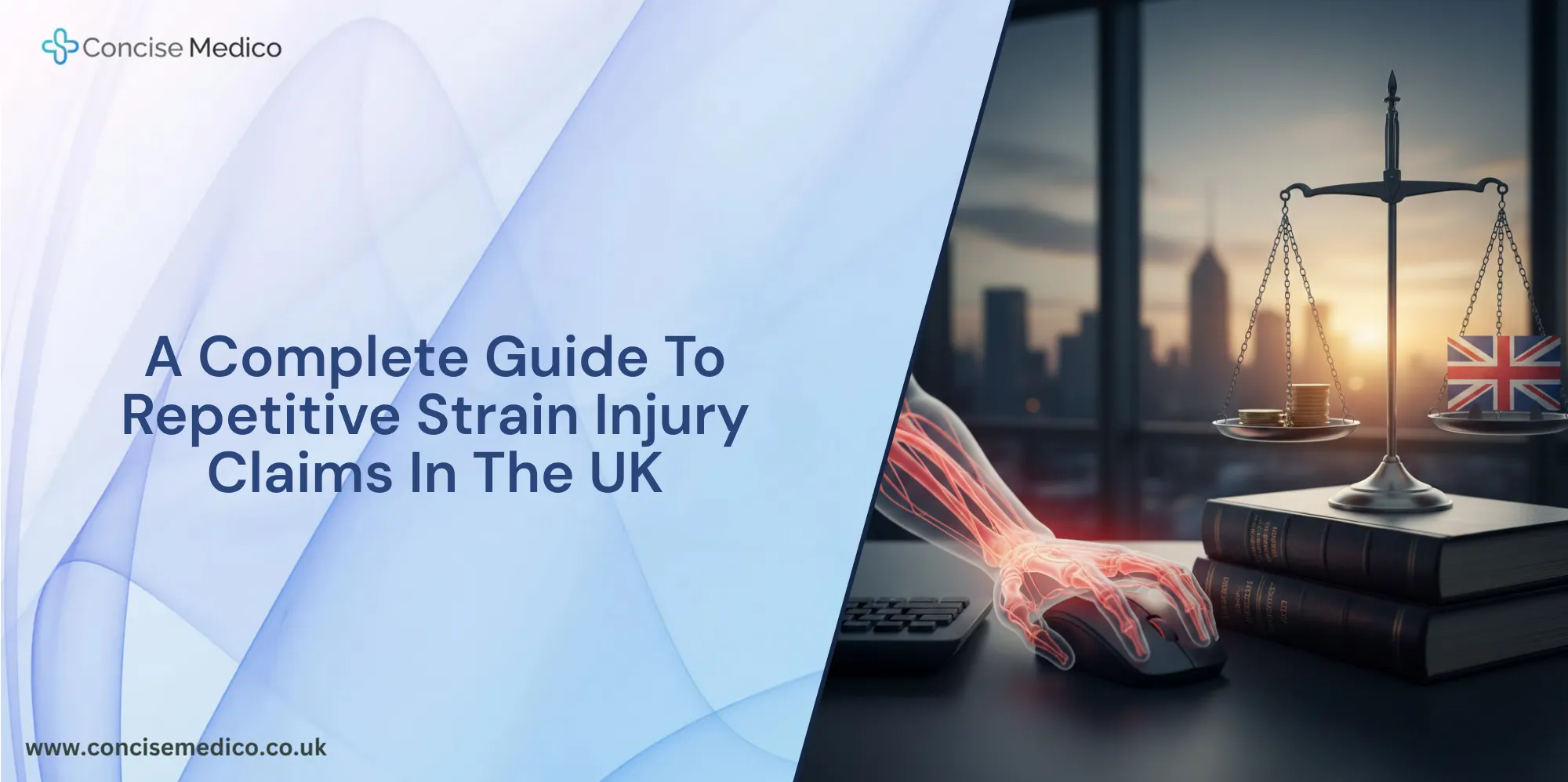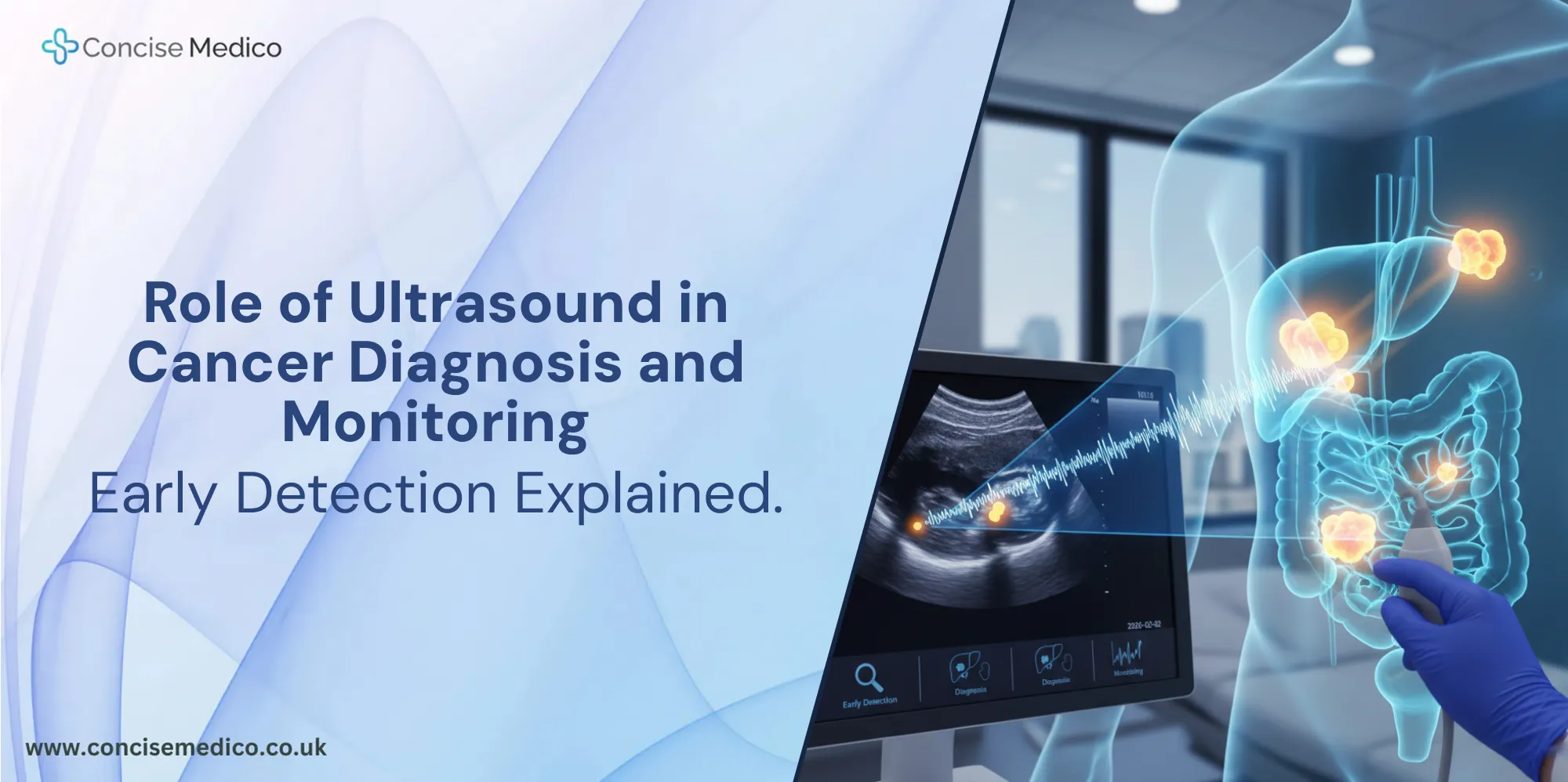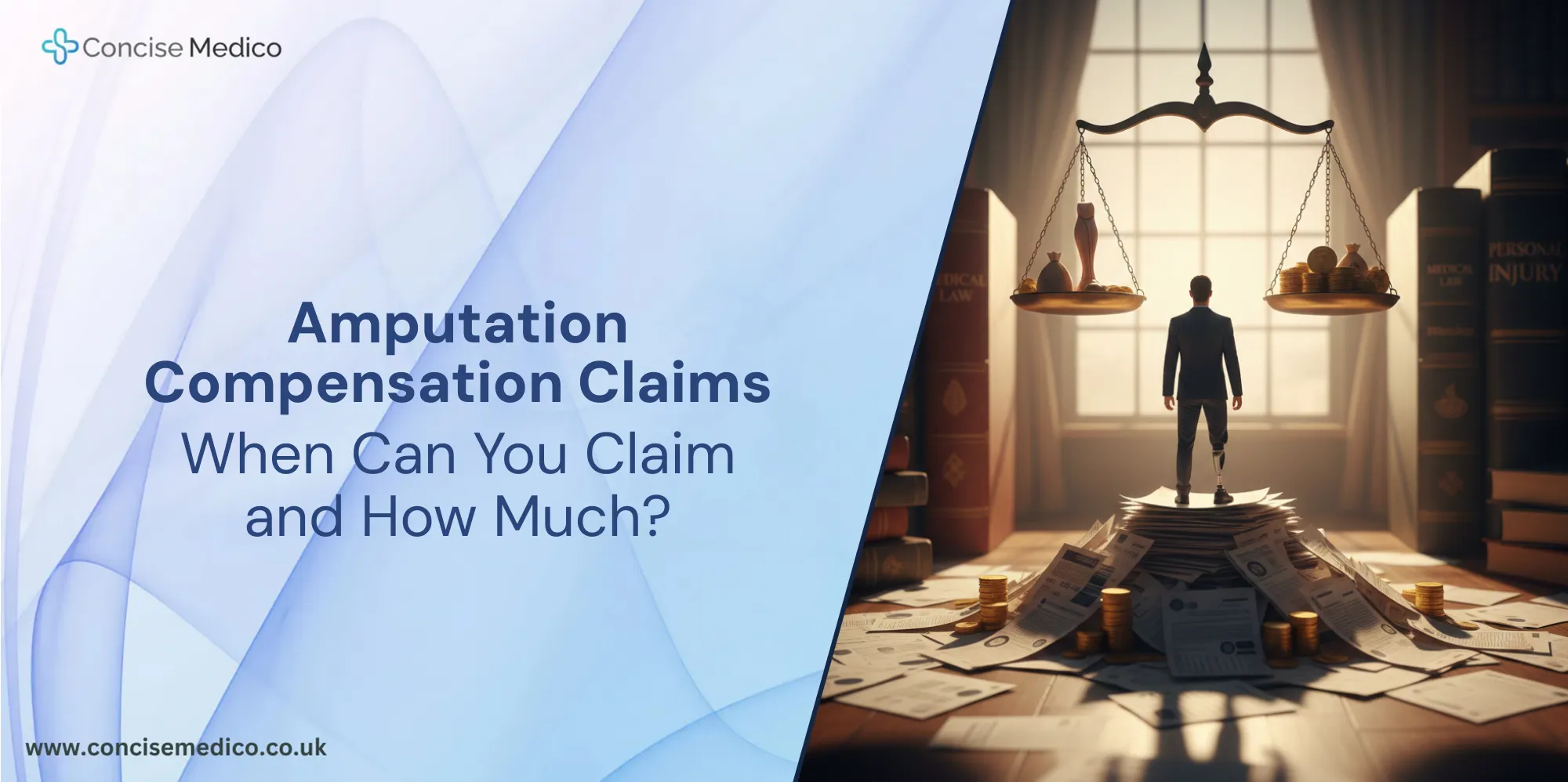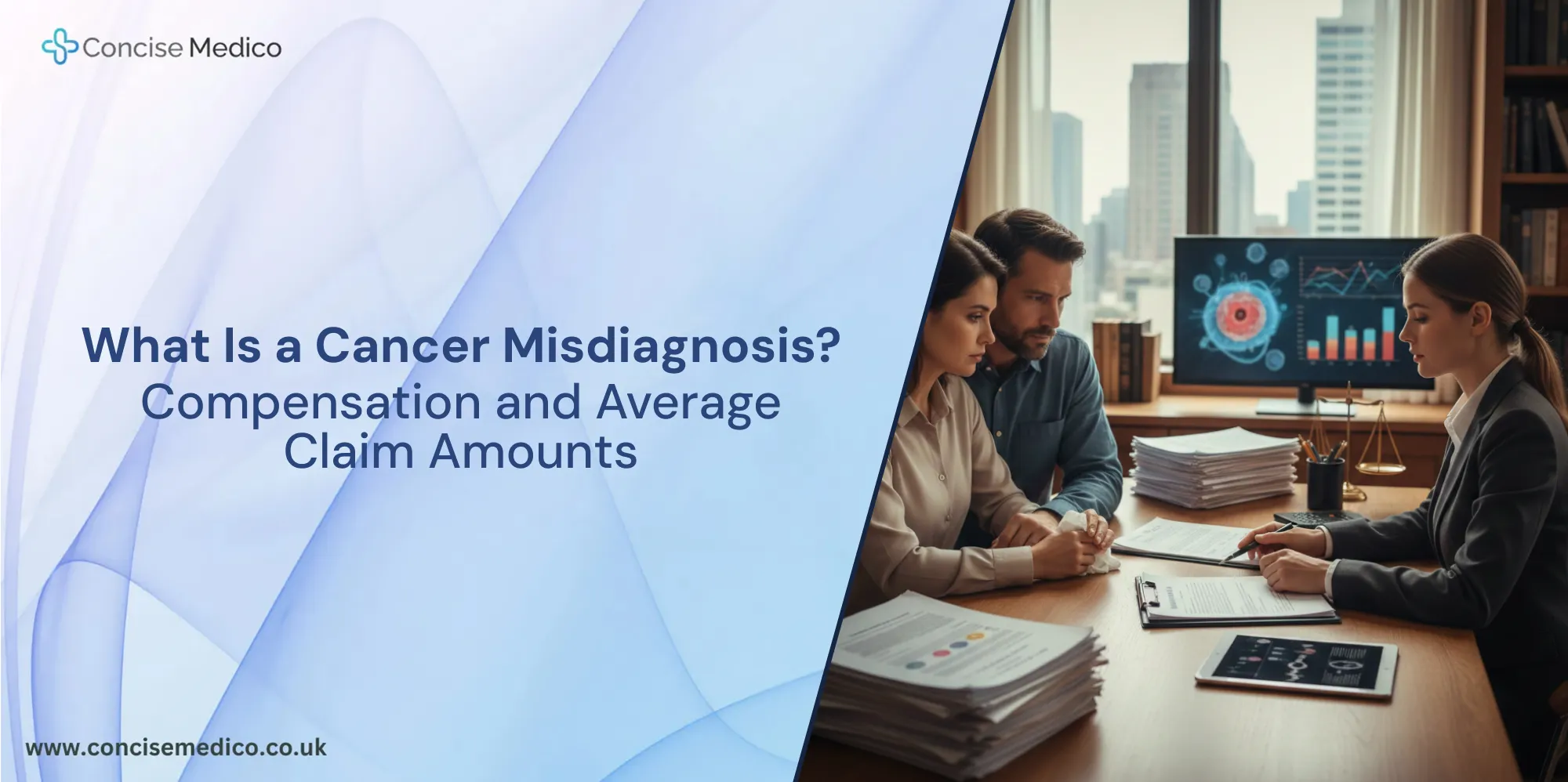TABLE OF CONTENT
Have you ever suffered any injury in an accident that was not your fault? And if you have, then you are aware of the hassles that are associated with it. From missing work to not being able to do daily life things, there is a lot that you must have suffered. The good news is that you can file an accident compensation claim. The prerequisite is that somebody owed you a duty of care and they did not fulfil that duty. So, now they are obligated to pay you an accident compensation. This blog contains the types of accidents for which you can file a claim, and then the compensation amounts range depending on your injury.
Types of accidents for which you can file a claim
You can file an accident compensation claim for any injury or condition that was caused by someone else. This accident may have led to any kind of physical or psychological, or emotional harm. Here are some of the types:
1. Road traffic accident (RTA):
RTAs are caused when someone, most probably a driver, does not fulfil their duty of care on a road. As a result, other road users got hurt. These road users can be passengers, cyclists, motorcyclists, public vehicle users, horse riders, scooters users, or pedestrians.
RTAs can affect every aspect of your life, such as:
- Your health and fitness
- Your mobility
- Your ability to work
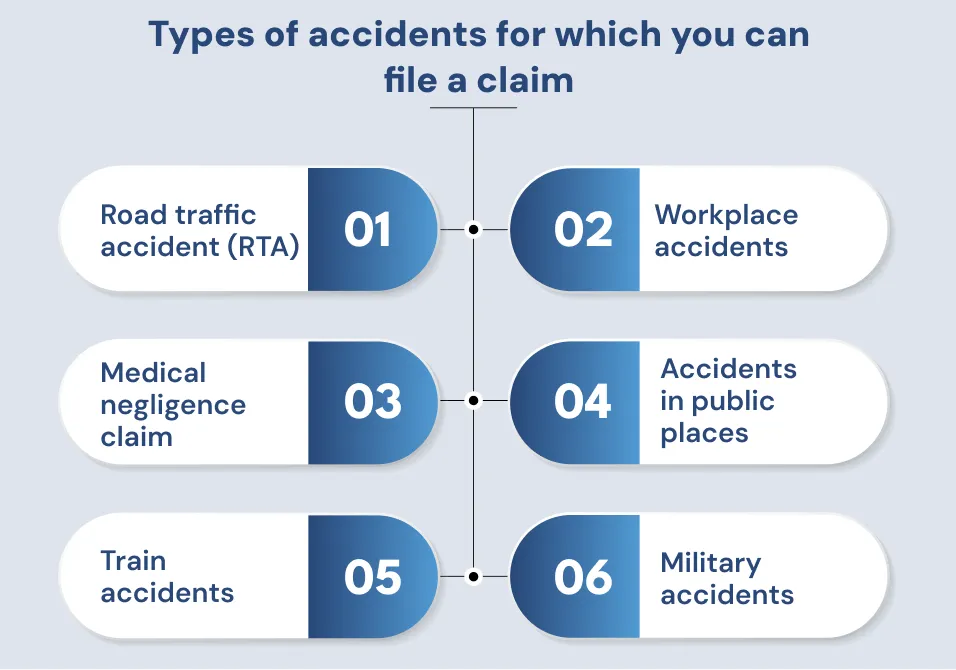
Traffic accident compensation, thus, includes reparations for all you have lost. General vs special damages apply as follows:
General damages:
This covers the injuries part of the accident compensation claim. Any physical and psychological damage you sustained falls under general damages. The compensation amount depends on the severity of the injury and the recovery. This information is determined by a medical expert witness.
“They’re based on financial losses and evidence, such as receipts and bills, including medical expenses, car repairs, and lost wages. Injured accident victims are eligible to receive compensation for their current and anticipated medical expenses, including additional corrective surgeries or ongoing medication.”
Lawrentzia Beatrice Denisa VASILESCU
Special damages:
This part of the car accident compensation covers any other expenses that you may have because of the accident. The cost of your medical treatment, support, lost wages, prosthetics, mobility aids, etc. . It may also cover any modification that you may have to bring to your home or travel arrangements.
Besides, you can also make an accident compensation claim for your damaged property. For instance, your car or bicycle got damaged in an accident. You can claim these damages.
Read more on road traffic accidents’ affect on mental health.
2. Workplace accidents:
Workplace accidents claim covers any damages incurred due to common workplace accidents. In these cases, your employer owes you a duty of care. They need to prevent any breach of the Health and Safety Act. If the breach occurs and you get injured, you can file an accident at work claim. You will be given general and special damages. If the employer was not to be blamed, they still owe you sick pay.
Sick pay:
The employer is liable for sick pay in case you become sick at work. There are two kinds of sick pay that you can get in accident compensation claim:
1. Statutory sick pay (SSP):
It is the minimum sick pay that your employer has to give you. It is paid for 28 weeks. It is fixed at £118.75 a week. From the fourth full day of your absence, you should be paid SSP. The conditions for SSP are that you should be earning £112 or more a week.
2. Occupational sick pay:
This is a more generous amount that your employer can offer. It can be either of the following amounts:
- A percentage of your original salary
- Full salary for a set time period, and A reduced percentage after that
3. Medical negligence claims:
Compensation claims for medical negligence are filed when your doctor doesn’t follow the standard of care that they should have. The compensation is awarded so that you are in a position where you were before the medical negligence occurred. They are not intended to push the healthcare provider. Your medical reports are provided as evidence in these cases. Through them, the medical witness explains causation and your medical history. If you are proven right, you get the following damages:
General damages:
These damages are provided solely on the basis of injury in accident compensation claims. It implies that the amount goes higher if you are more injured. General damages compensate for your pain, suffering and disability as well as how they have impacted your life. If these injuries have taken away from your work, leisure, social life, etc., your general damages are higher. You can also claim any mental harm that you have received from negligence.
Special damages:
Special damages cover all the money losses you sustained as a result of the medical negligence. They include the past and future special damages:
Past special damages:
This is the money that you have already lost because of the injury. It includes any loss of earnings, paid and unpaid care, prescriptions, travel costs, etc.. You can claim interest on past special damages.
Future special damages:
They are the expenses that you may have in future due to your injury. They include loss of future earnings, care, help, case management, housing, etc..Specialists called quantum experts estimate these expenses in accident compensation claims.
4. Accidents in public places:
If you go out of your home to say run some errands. You expect to return home without any injury. Unfortunately, sometimes the contrary happens. You can have any of the following accidents:
- Tripping over hazards (potholes)
- Slipping on liquids
- Getting hit by flying objects or falling branches
- Breaking of play equipment
- Slip and trip/spilling accidents in cafes
- Any accident in schools and parks
- Injuries in shopping centres
The person or organisation in charge of the public place should give you reasonable care. They can be held liable if they did not do their job properly.
The accident compensation claims consider every kind of damage that occurred. General and special damages are considered the same way that is explained in previous accidents.
5. Train accidents:
When you travel by a train, operators and other officials have a duty to ensure that you are safe. You can be a traveller, visitor, staff member or any member of the public. They have to spot any risks and reduce them as much as possible. The following are a few instances of mishaps that may happen on trains:
- You can slip on the wet floor. The reason for the floor to be wet can be cleaning, spillage, weather, etc.
- You can get hurt because of broken furniture (broken seat, bench, table, etc. ) on the train or station.
- Any lift or escalator that is not maintained properly can injure you.
- You can be hurt by a barrier that is in place for ticket checking.
- You can get crash injuries or get trampled over if there are too many people.
You can file an accident compensation claim for any injury that you got, as well as the mental anguish. The extent of your damage determines how much you receive.
6. Military accidents:
Regardless of the fact that you are aware of military accidents while joining, the Ministry of Defence still has a duty of care. You can make accident compensation claims for the following accidents:
- Accidents in military training exercises
- Road traffic accidents
- Mountaineering
- Fires and accidents from explosives
- Chemical accidents
- Sports accidents
- Exposure to harmful substances
- Accidents while parachuting
Military accidents can bring significant changes to your life. It can bring financial losses as well as physical and emotional pain. Therefore, accident compensation should be calculated accurately, considering all these factors.
How to file an accident compensation claim:
You can file an accident compensation claim in various ways based on the personal injury. Filing for personal injury compensation would be valid well. This is usually done in cases where you can prove that negligence of duty of care caused you a personal injury. You can go to court, but it would take a long time to settle and cost you money. Alternatively, you can write a letter or use a mediator.
Steps for the accident compensation claim:
Here is how the process goes:
1. Letter of claim
This is the first step of filing the accident compensation claim. Your solicitor drafts a letter and sends it to the relevant person or organisation. The letter has the following contents
- Details of the accident
- Details of injuries
- Impact on your life
- Explanation of why they are liable
2. Response time
They have 21 days to reply. They can either accept the blame. In this scenario, your solicitor works to get you compensation. If they reject the blame, then you need to collect more evidence to prove they were responsible. This might lead to court.
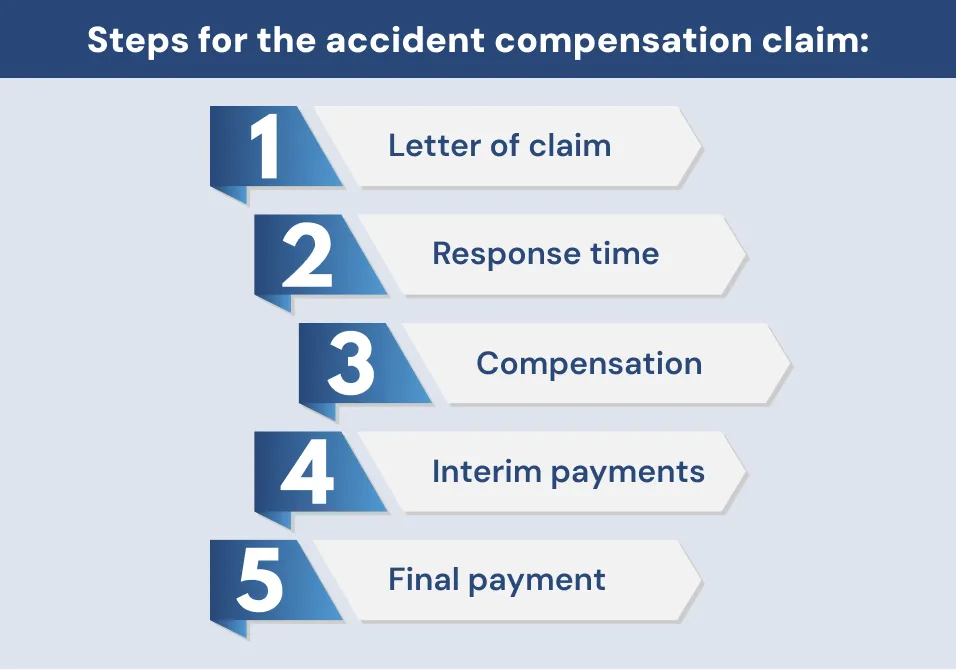
3. Compensation:
This is decided in case they accept the blame. Your solicitor offers them a reasonable amount. If they don’t agree, the court decides the amount they have to pay in damages.
4. Interim payments:
If you were seriously injured and you don’t have enough money, you might get accident compensation early on. This will help you with the treatment.
5. Final payment:
Once the court decides the payment, you get your compensation amount.
Time limits:
You have restrictions regarding when you can submit your accident compensation claim and within what time your case will be resolved.
Time limit to file a claim after an accident
You have three years from the date of the accident to file a claim under the Limitation Act of 1980. This restriction is suspended until you turn 18 if you are a minor. As soon as you are 18, you have three years to file the claim. For someone who does not have the mental capacity for a claim, the limit is paused forever. In this case, any parent, guardian, family member, etc., can act as a litigation friend to file the claim.
Learn more about personal injury claim time limit.
Time frame for the claim
It relies on a number of variables, such as the extent of your injuries, the healing process, the type of accident, the other party’s cooperation, etc.. Some people can have their claims settled in months, while for others, it may take years.
Amount of claim:
The amount of accident compensation claims also depends on the nature of the injuries. Here is a rough estimate for each:
General damages
Judicial college guidelines give a rough estimate of the money for every type of injury. Here is what they suggest:
-
Fatal Injuries:
Before dying, one may experience agony or suffering. In this situation, one could receive £15,000-100,000.
-
Paralysis:
Compensation for quadriplegia ranges from £590,000 to -870,000. Paraplegia compensation ranges from £475,000 to 720,000.
-
Brain Injuries:
In case of serious brain injury, it is £500,000-850,000. It is £50,000-110,000 for minor ones.
-
Psychiatric Damage:
When the damage is serious, compensation is 100,000-250,000 pounds. In case it is minor, a compensation of up to 20,000 pounds can be awarded.
-
Sensory Loss:
Here is how compensation is applied:
-
- Blindness (£350,000–£600,000)
- Deafness (£250,000–£350,000)
- Loss of smell/taste (£30,000–£95,000)
-
Internal Organ Damage:
It depends on the organ. For instance, the range goes like this:
-
- Lung disease (£20,000–£250,000)
- Kidney loss (£50,000–£325,000)
-
Bone/Joint Injuries:
In these injuries, compensation is awarded for fracture, amputation or severe pain. For amputation of a leg, the range of compensation is £175,000 -600,000.
-
Facial Injuries:
Compensation is awarded as follows:
-
- Fractures (£12,500–£100,000)
- Scarring (£9,000–£350,000)
Your solicitor checks those guidelines and finds out the amount for your type of injury.
Special damages:
Special damages are calculated using Ogden tables. They are statistical tables that can help you find out how to calculate past and future special damages. Here are the steps that you have to follow according to them:
- Work out your annual loss. For instance, if you were earning £30,000/year before. Now, you are earning £10,000/year. Your loss is £10,000/year.
- Choose the right Ogden table for your injury. This depends on the type of loss you have endured. Here is a general guide:
| Type of Loss | Table to Use |
|---|---|
| Loss of earnings to retirement | Tables 3–18 |
| Lifetime care or services | Tables 1 (men), 2 (women) |
| Future one-off cost (e.g. surgery) | Table 27 |
| Loss for a fixed period (e.g. 10 years) | Table 36 |
| Pension loss from retirement age | Tables 19–34 |
3. Use a multiplier from your chosen table. This multiplier depends on your age, gender and retirement age in your field. It also depends on whether you live in England, Scotland or Northern Ireland.
4. Now multiply this multiplier by your income loss.
Take the following example:
You are a 35-year-old female in England, retiring at 68. You will choose table 12.
Your lost income: £20,000/year
Multiplier: 33.59 (from table 12)
Total amount: £20,000 loss per year × 33.59 multiplier = £671,800
This is the total amount you’ll receive.
Case study
This case is a workplace injury case. Two labourers were unloading ten big stone slabs (approximately two tonnes) off a lorry. The slabs were placed on top of one another. Workers used a forklift to lift the slabs one by one. The forklift had a lifting arm. One of the workers was adjusting this arm while standing in front of the slabs. The slabs suddenly toppled over. The workers immediately jumped off the lorry, but one of them got hit by the slabs in the process.
This worker was severely bruised. His leg got fractured. He had to use crutches for 6 months. He could not work for 10 months.
The Health and Safety Executive (HSE) investigated this case. They inspected the company itself and also asked questions of a former director. The HSE found out the following:
- The lifting arm in use was already banned by the HSE
- There was no service or maintenance performed on the forklift
- There was no training, supervision, or safety protocols for the workers.
The company and the director admitted the violation of the Health and Safety at Work etc Act 1974. Both had to:
- Pay a fine of £2,000.
- Pay £5,000 in legal costs
This was a criminal lawsuit that could be used further for civil lawsuits such as personal injury claims.
How can Concise Medico help?
Accidents in public places are inevitable. You cannot really avoid them, but you can claim compensation once they happen. At Concise Medico, we help with your compensation claims in several ways. Our personal injury experts assess your damages and provide you with medical reports. Our expert witnesses also help you to prove your case. We ensure that you receive optimum compensation for your injury.
To get help, contact us now.
FAQs
Have you ever suffered any injury in an accident that was not your fault? And if you have, then you are aware of the hassles that are associated with it. From missing work to not being able to do daily life things, there is a lot that you must have suffered. The good news is that you can file an accident compensation claim. The prerequisite is that somebody owed you a duty of care and they did not fulfil that duty. So, now they are obligated to pay you an accident compensation. This blog contains the types of accidents for which you can file a claim, and then the compensation amounts range depending on your injury.
Types of accidents for which you can file a claim
You can file an accident compensation claim for any injury or condition that was caused by someone else. This accident may have led to any kind of physical or psychological, or emotional harm. Here are some of the types:
1. Road traffic accident (RTA):
RTAs are caused when someone, most probably a driver, does not fulfil their duty of care on a road. As a result, other road users got hurt. These road users can be passengers, cyclists, motorcyclists, public vehicle users, horse riders, scooters users, or pedestrians.
RTAs can affect every aspect of your life, such as:
- Your health and fitness
- Your mobility
- Your ability to work

Traffic accident compensation, thus, includes reparations for all you have lost. General vs special damages apply as follows:
General damages:
This covers the injuries part of the accident compensation claim. Any physical and psychological damage you sustained falls under general damages. The compensation amount depends on the severity of the injury and the recovery. This information is determined by a medical expert witness.
“They’re based on financial losses and evidence, such as receipts and bills, including medical expenses, car repairs, and lost wages. Injured accident victims are eligible to receive compensation for their current and anticipated medical expenses, including additional corrective surgeries or ongoing medication.”
Lawrentzia Beatrice Denisa VASILESCU
Special damages:
This part of the car accident compensation covers any other expenses that you may have because of the accident. The cost of your medical treatment, support, lost wages, prosthetics, mobility aids, etc. . It may also cover any modification that you may have to bring to your home or travel arrangements.
Besides, you can also make an accident compensation claim for your damaged property. For instance, your car or bicycle got damaged in an accident. You can claim these damages.
Read more on road traffic accidents’ affect on mental health.
2. Workplace accidents:
Workplace accidents claim covers any damages incurred due to common workplace accidents. In these cases, your employer owes you a duty of care. They need to prevent any breach of the Health and Safety Act. If the breach occurs and you get injured, you can file an accident at work claim. You will be given general and special damages. If the employer was not to be blamed, they still owe you sick pay.
Sick pay:
The employer is liable for sick pay in case you become sick at work. There are two kinds of sick pay that you can get in accident compensation claim:
1. Statutory sick pay (SSP):
It is the minimum sick pay that your employer has to give you. It is paid for 28 weeks. It is fixed at £118.75 a week. From the fourth full day of your absence, you should be paid SSP. The conditions for SSP are that you should be earning £112 or more a week.
2. Occupational sick pay:
This is a more generous amount that your employer can offer. It can be either of the following amounts:
- A percentage of your original salary
- Full salary for a set time period, and A reduced percentage after that
3. Medical negligence claims:
Compensation claims for medical negligence are filed when your doctor doesn’t follow the standard of care that they should have. The compensation is awarded so that you are in a position where you were before the medical negligence occurred. They are not intended to push the healthcare provider. Your medical reports are provided as evidence in these cases. Through them, the medical witness explains causation and your medical history. If you are proven right, you get the following damages:
General damages:
These damages are provided solely on the basis of injury in accident compensation claims. It implies that the amount goes higher if you are more injured. General damages compensate for your pain, suffering and disability as well as how they have impacted your life. If these injuries have taken away from your work, leisure, social life, etc., your general damages are higher. You can also claim any mental harm that you have received from negligence.
Special damages:
Special damages cover all the money losses you sustained as a result of the medical negligence. They include the past and future special damages:
Past special damages:
This is the money that you have already lost because of the injury. It includes any loss of earnings, paid and unpaid care, prescriptions, travel costs, etc.. You can claim interest on past special damages.
Future special damages:
They are the expenses that you may have in future due to your injury. They include loss of future earnings, care, help, case management, housing, etc..Specialists called quantum experts estimate these expenses in accident compensation claims.
4. Accidents in public places:
If you go out of your home to say run some errands. You expect to return home without any injury. Unfortunately, sometimes the contrary happens. You can have any of the following accidents:
- Tripping over hazards (potholes)
- Slipping on liquids
- Getting hit by flying objects or falling branches
- Breaking of play equipment
- Slip and trip/spilling accidents in cafes
- Any accident in schools and parks
- Injuries in shopping centres
The person or organisation in charge of the public place should give you reasonable care. They can be held liable if they did not do their job properly.
The accident compensation claims consider every kind of damage that occurred. General and special damages are considered the same way that is explained in previous accidents.
5. Train accidents:
When you travel by a train, operators and other officials have a duty to ensure that you are safe. You can be a traveller, visitor, staff member or any member of the public. They have to spot any risks and reduce them as much as possible. The following are a few instances of mishaps that may happen on trains:
- You can slip on the wet floor. The reason for the floor to be wet can be cleaning, spillage, weather, etc.
- You can get hurt because of broken furniture (broken seat, bench, table, etc. ) on the train or station.
- Any lift or escalator that is not maintained properly can injure you.
- You can be hurt by a barrier that is in place for ticket checking.
- You can get crash injuries or get trampled over if there are too many people.
You can file an accident compensation claim for any injury that you got, as well as the mental anguish. The extent of your damage determines how much you receive.
6. Military accidents:
Regardless of the fact that you are aware of military accidents while joining, the Ministry of Defence still has a duty of care. You can make accident compensation claims for the following accidents:
- Accidents in military training exercises
- Road traffic accidents
- Mountaineering
- Fires and accidents from explosives
- Chemical accidents
- Sports accidents
- Exposure to harmful substances
- Accidents while parachuting
Military accidents can bring significant changes to your life. It can bring financial losses as well as physical and emotional pain. Therefore, accident compensation should be calculated accurately, considering all these factors.
How to file an accident compensation claim:
You can file an accident compensation claim in various ways based on the personal injury. Filing for personal injury compensation would be valid well. This is usually done in cases where you can prove that negligence of duty of care caused you a personal injury. You can go to court, but it would take a long time to settle and cost you money. Alternatively, you can write a letter or use a mediator.
Steps for the accident compensation claim:
Here is how the process goes:
1. Letter of claim
This is the first step of filing the accident compensation claim. Your solicitor drafts a letter and sends it to the relevant person or organisation. The letter has the following contents
- Details of the accident
- Details of injuries
- Impact on your life
- Explanation of why they are liable
2. Response time
They have 21 days to reply. They can either accept the blame. In this scenario, your solicitor works to get you compensation. If they reject the blame, then you need to collect more evidence to prove they were responsible. This might lead to court.

3. Compensation:
This is decided in case they accept the blame. Your solicitor offers them a reasonable amount. If they don’t agree, the court decides the amount they have to pay in damages.
4. Interim payments:
If you were seriously injured and you don’t have enough money, you might get accident compensation early on. This will help you with the treatment.
5. Final payment:
Once the court decides the payment, you get your compensation amount.
Time limits:
You have restrictions regarding when you can submit your accident compensation claim and within what time your case will be resolved.
Time limit to file a claim after an accident
You have three years from the date of the accident to file a claim under the Limitation Act of 1980. This restriction is suspended until you turn 18 if you are a minor. As soon as you are 18, you have three years to file the claim. For someone who does not have the mental capacity for a claim, the limit is paused forever. In this case, any parent, guardian, family member, etc., can act as a litigation friend to file the claim.
Learn more about personal injury claim time limit.
Time frame for the claim
It relies on a number of variables, such as the extent of your injuries, the healing process, the type of accident, the other party’s cooperation, etc.. Some people can have their claims settled in months, while for others, it may take years.
Amount of claim:
The amount of accident compensation claims also depends on the nature of the injuries. Here is a rough estimate for each:
General damages
Judicial college guidelines give a rough estimate of the money for every type of injury. Here is what they suggest:
-
Fatal Injuries:
Before dying, one may experience agony or suffering. In this situation, one could receive £15,000-100,000.
-
Paralysis:
Compensation for quadriplegia ranges from £590,000 to -870,000. Paraplegia compensation ranges from £475,000 to 720,000.
-
Brain Injuries:
In case of serious brain injury, it is £500,000-850,000. It is £50,000-110,000 for minor ones.
-
Psychiatric Damage:
When the damage is serious, compensation is 100,000-250,000 pounds. In case it is minor, a compensation of up to 20,000 pounds can be awarded.
-
Sensory Loss:
Here is how compensation is applied:
-
- Blindness (£350,000–£600,000)
- Deafness (£250,000–£350,000)
- Loss of smell/taste (£30,000–£95,000)
-
Internal Organ Damage:
It depends on the organ. For instance, the range goes like this:
-
- Lung disease (£20,000–£250,000)
- Kidney loss (£50,000–£325,000)
-
Bone/Joint Injuries:
In these injuries, compensation is awarded for fracture, amputation or severe pain. For amputation of a leg, the range of compensation is £175,000 -600,000.
-
Facial Injuries:
Compensation is awarded as follows:
-
- Fractures (£12,500–£100,000)
- Scarring (£9,000–£350,000)
Your solicitor checks those guidelines and finds out the amount for your type of injury.
Special damages:
Special damages are calculated using Ogden tables. They are statistical tables that can help you find out how to calculate past and future special damages. Here are the steps that you have to follow according to them:
- Work out your annual loss. For instance, if you were earning £30,000/year before. Now, you are earning £10,000/year. Your loss is £10,000/year.
- Choose the right Ogden table for your injury. This depends on the type of loss you have endured. Here is a general guide:
| Type of Loss | Table to Use |
|---|---|
| Loss of earnings to retirement | Tables 3–18 |
| Lifetime care or services | Tables 1 (men), 2 (women) |
| Future one-off cost (e.g. surgery) | Table 27 |
| Loss for a fixed period (e.g. 10 years) | Table 36 |
| Pension loss from retirement age | Tables 19–34 |
3. Use a multiplier from your chosen table. This multiplier depends on your age, gender and retirement age in your field. It also depends on whether you live in England, Scotland or Northern Ireland.
4. Now multiply this multiplier by your income loss.
Take the following example:
You are a 35-year-old female in England, retiring at 68. You will choose table 12.
Your lost income: £20,000/year
Multiplier: 33.59 (from table 12)
Total amount: £20,000 loss per year × 33.59 multiplier = £671,800
This is the total amount you’ll receive.
Case study
This case is a workplace injury case. Two labourers were unloading ten big stone slabs (approximately two tonnes) off a lorry. The slabs were placed on top of one another. Workers used a forklift to lift the slabs one by one. The forklift had a lifting arm. One of the workers was adjusting this arm while standing in front of the slabs. The slabs suddenly toppled over. The workers immediately jumped off the lorry, but one of them got hit by the slabs in the process.
This worker was severely bruised. His leg got fractured. He had to use crutches for 6 months. He could not work for 10 months.
The Health and Safety Executive (HSE) investigated this case. They inspected the company itself and also asked questions of a former director. The HSE found out the following:
- The lifting arm in use was already banned by the HSE
- There was no service or maintenance performed on the forklift
- There was no training, supervision, or safety protocols for the workers.
The company and the director admitted the violation of the Health and Safety at Work etc Act 1974. Both had to:
- Pay a fine of £2,000.
- Pay £5,000 in legal costs
This was a criminal lawsuit that could be used further for civil lawsuits such as personal injury claims.
How can Concise Medico help?
Accidents in public places are inevitable. You cannot really avoid them, but you can claim compensation once they happen. At Concise Medico, we help with your compensation claims in several ways. Our personal injury experts assess your damages and provide you with medical reports. Our expert witnesses also help you to prove your case. We ensure that you receive optimum compensation for your injury.
To get help, contact us now.
